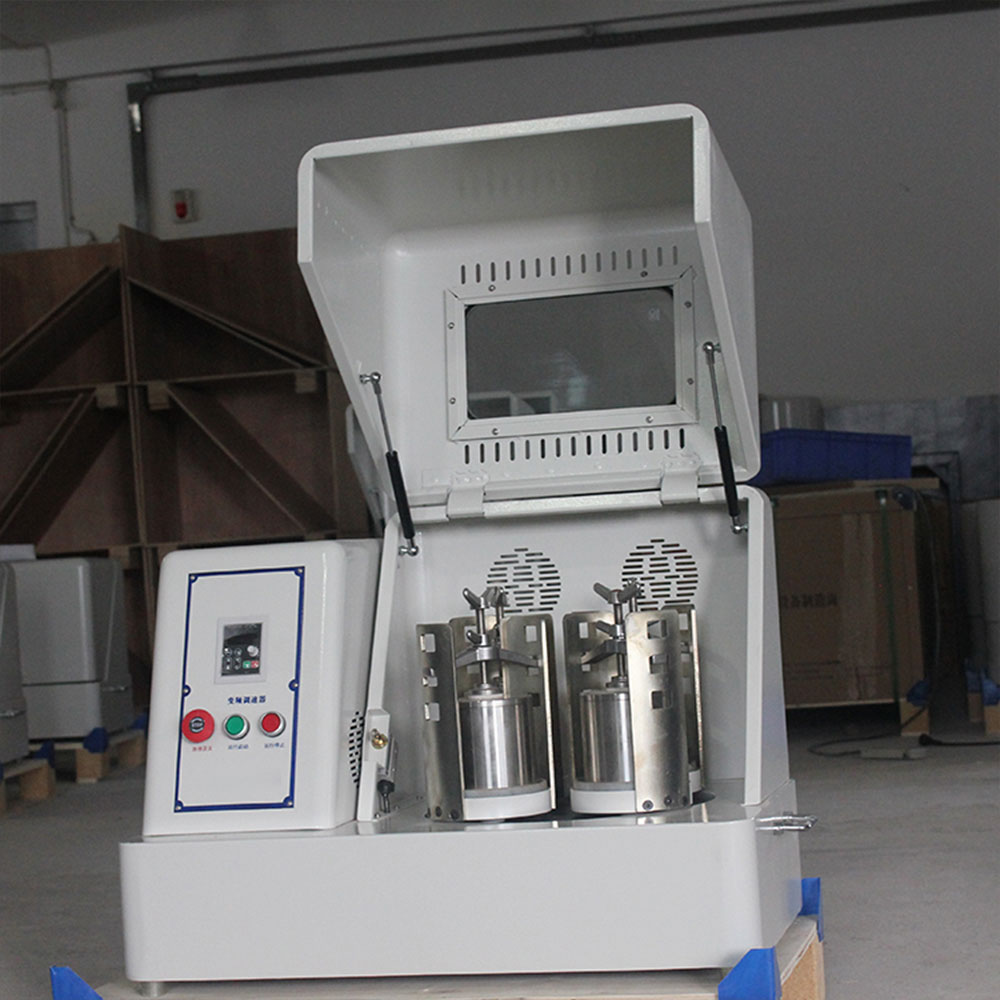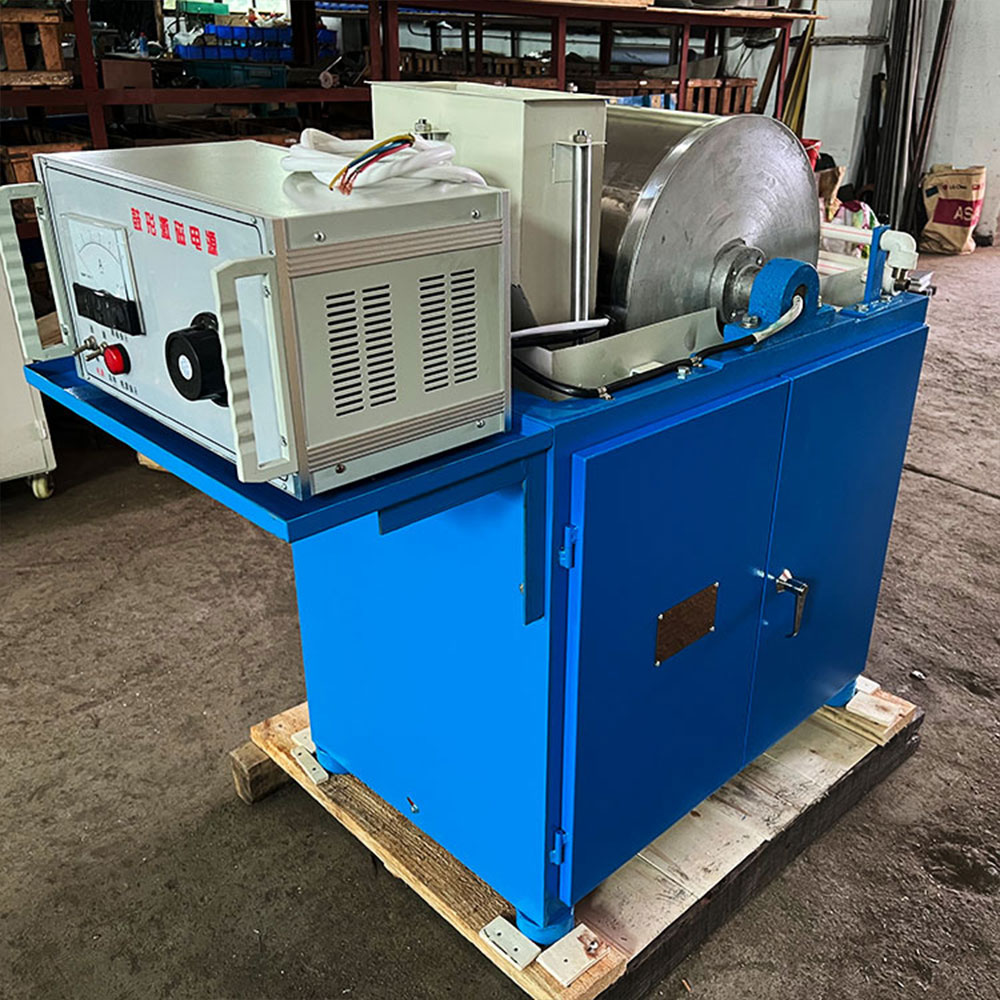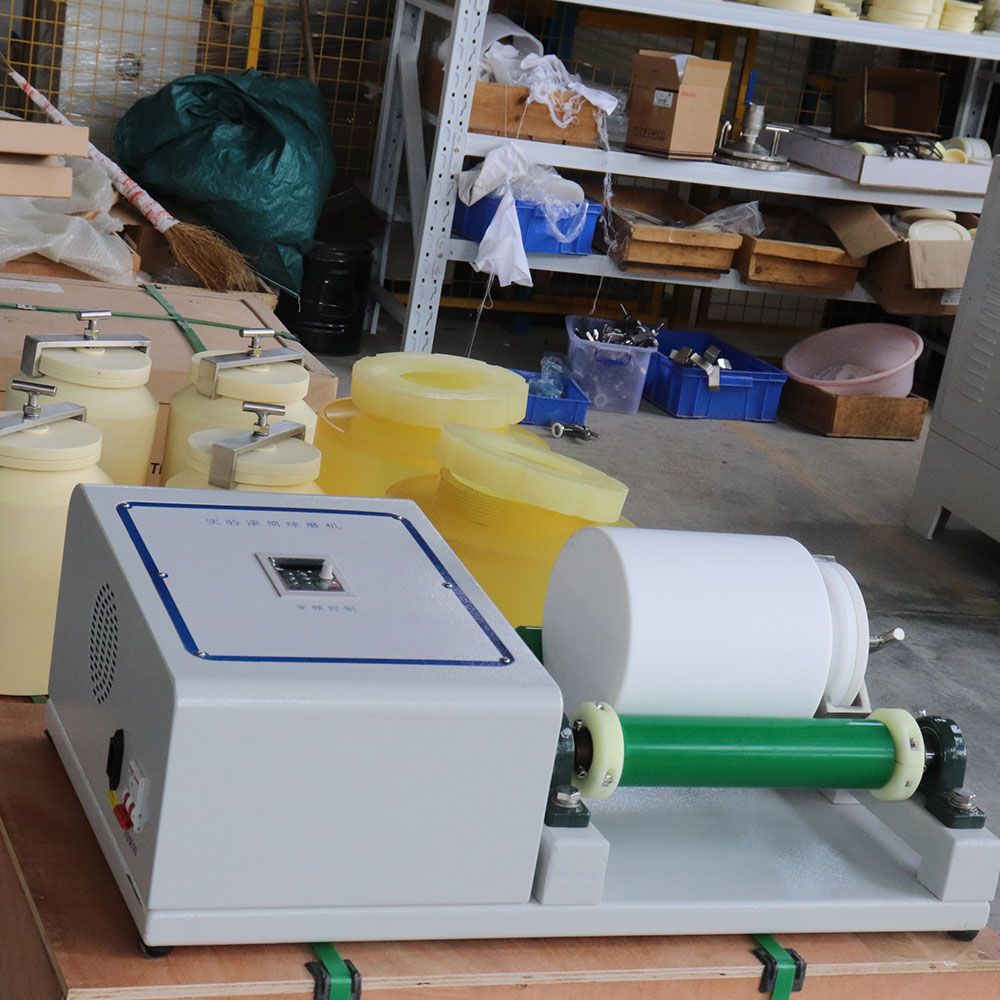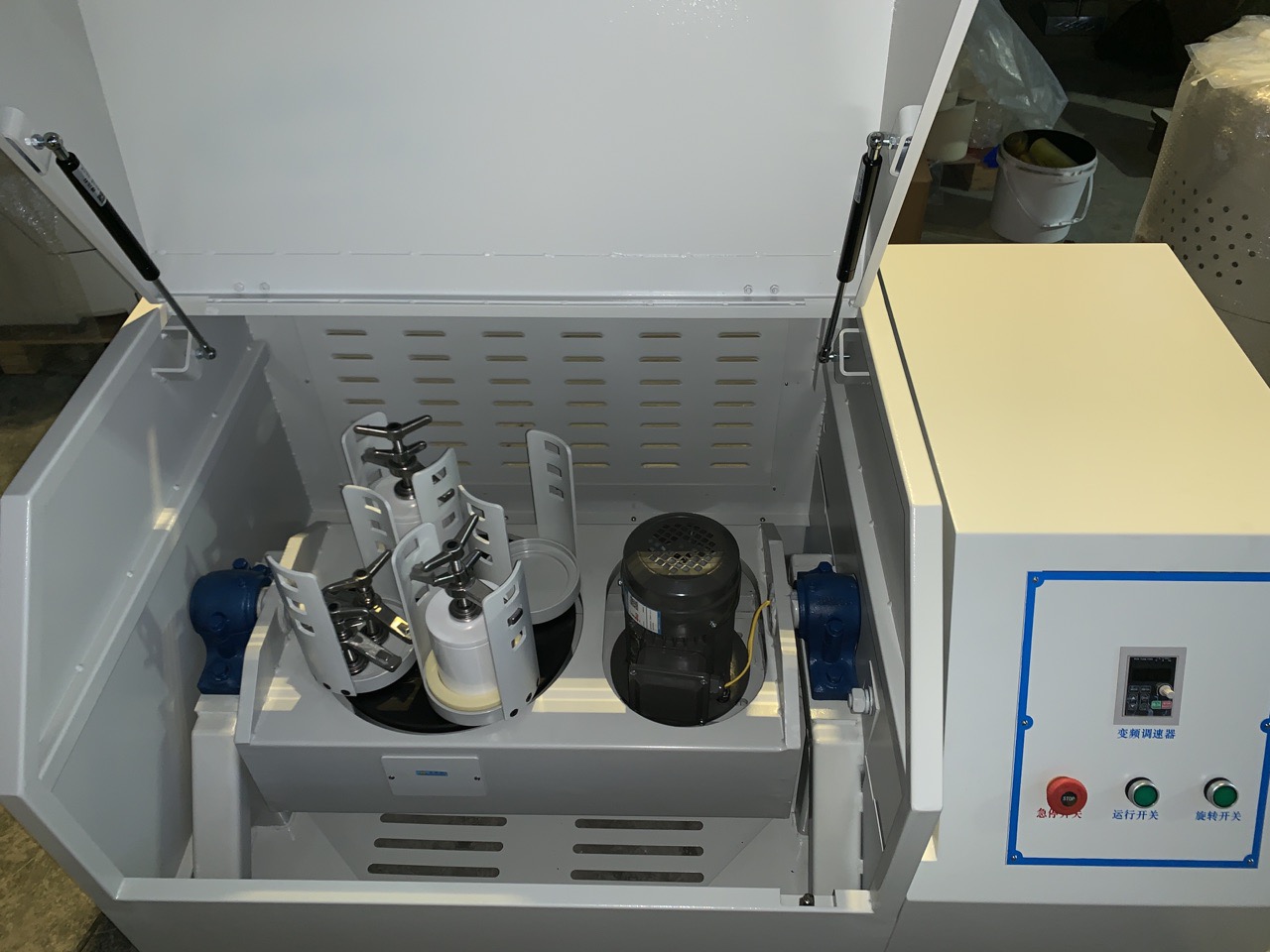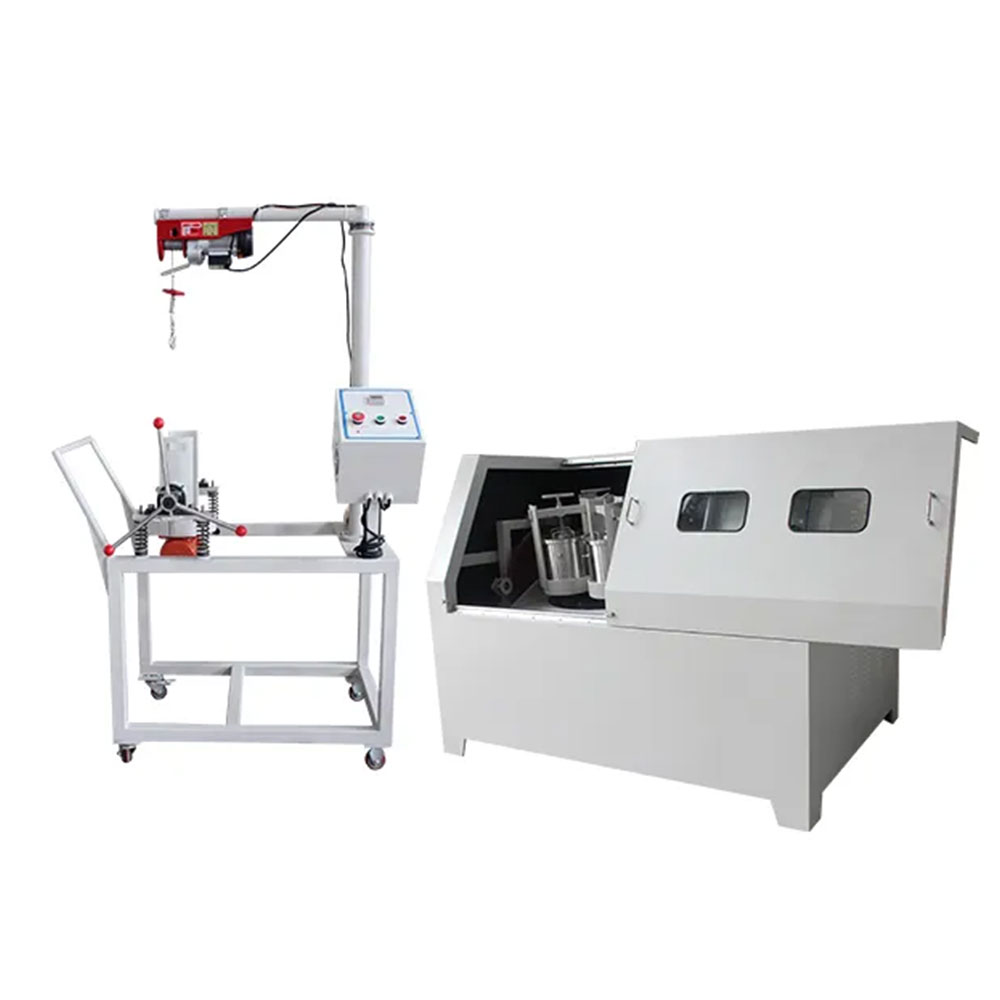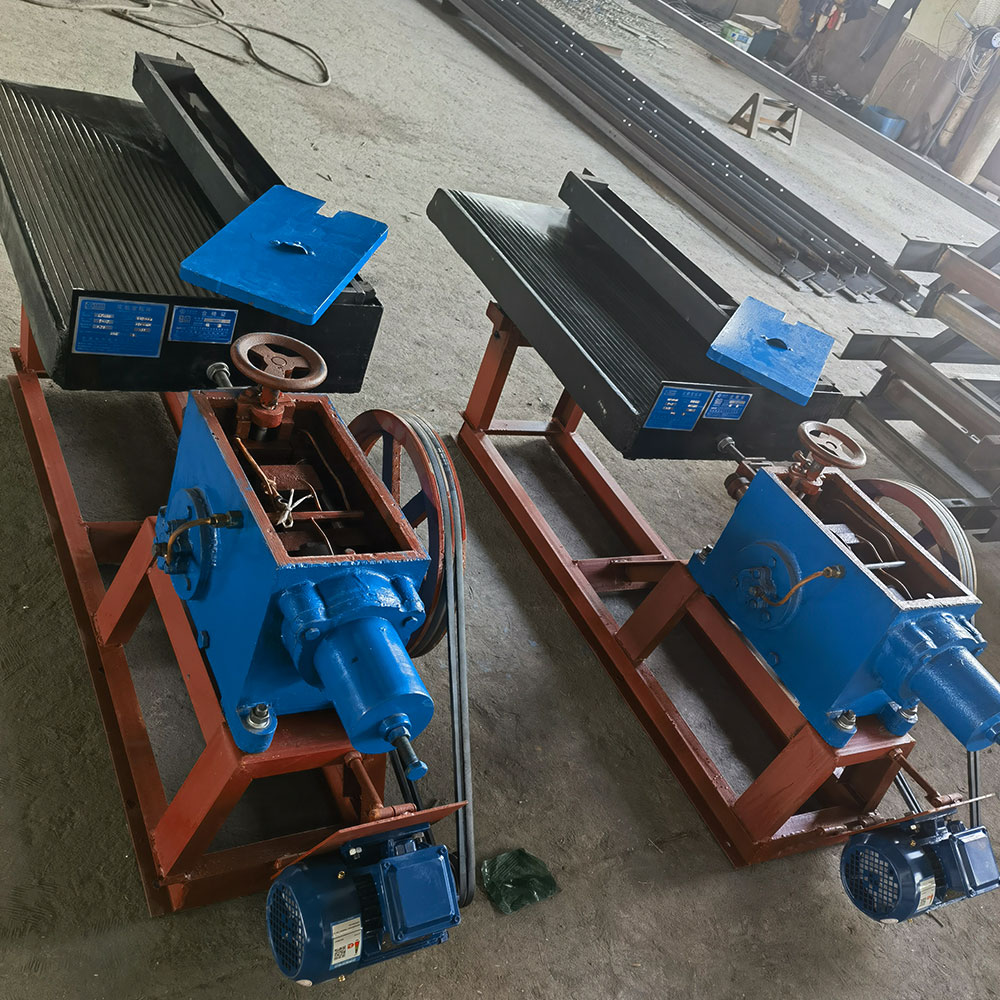Laboratory Electromagnetic Sample Pulverizer, also known as Electromagnetic Ore Crusher, uses the principle of electromagnetic vibration to directly drive the vibrating tube to crush materials at high speed. It has the advantages of high efficiency, small size, light weight, and no noise. It is suitable for Laboratories for various industries such as mining, building materials, cement, metallurgy, chemical industry, coal and grain.
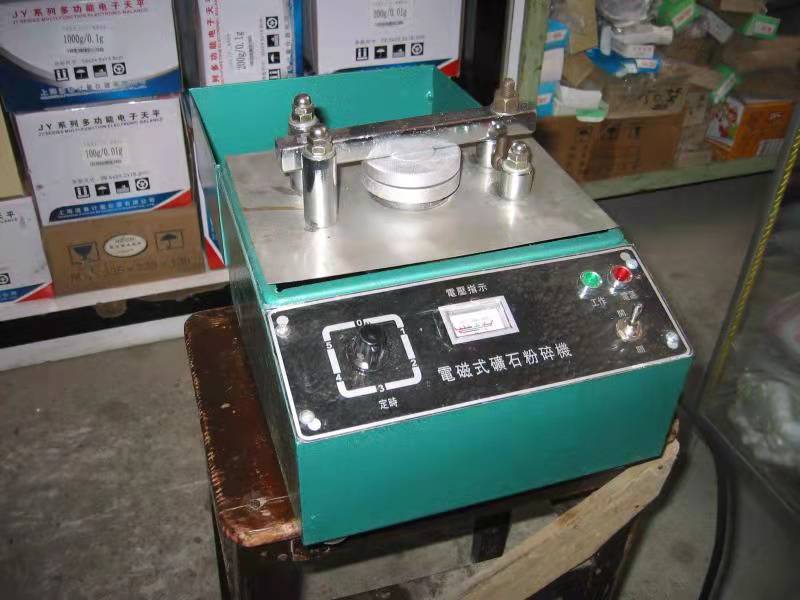
Main technical parameters of electromagnetic sample pulverizer
Feed particle size: 15mm
Discharge particle size: <200 mesh, but sieve can be used for experimental analysis
Loading amount: about 60 grams
Working time: <2 minutes
Power supply: 220V 50Hz
Working current: 6A
Weight: 18 kg
Dimensions: 220×250×250mm
Operation method of DF-4 electromagnetic pulverizer machine
1. Put the material tube into the material cup with the small end facing down.
2. Put in the sample, about 60g of iron, limestone, slag, clinker, quartz stone, and clay. The appropriate amount of coal is about 40g, and the small size is 15-20g.
3. Put the lid on the material cup, and pay attention to whether the O-ring on the lid is in good condition.
4. Put the material cup into the main machine, put down the pressure rod, screw on the nut by hand, and pay attention to the gasket under the nut.
5. Tighten the nut with a wrench, then close the cover, turn on the switch, turn the timer to 2 minutes, and the machine starts to work.
6. The grinding machine will stop working until the scheduled time. At this time, you can turn off the switch, open the box cover, loosen the nut, put on gloves and take out the material cup. The sample is poured into the sample tray together with the material tube.
7. Clamp the material tube with crucible tongs, and pat the material tube with a wrench with the other hand, and pat it up and down several times, and most of the samples will fall into the sample tray.
8. Use a brush for further clean the remaining samples.
9. If the inner wall of the cup is adhered and agglomerated due to the high moisture content of the sample or other reasons, it can be removed with a shovel.


